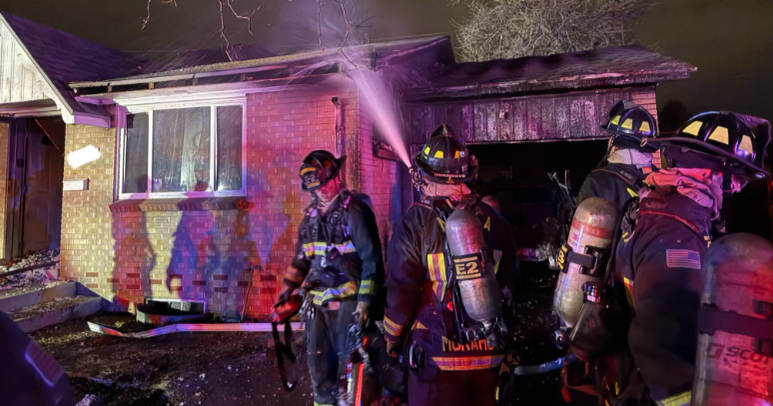UM Study: Chest Compressions Vs. Defibrillation
 When someone has a sudden heart attack, is it better to begin chest compressions first or start by using a defibrillator? Click to read what researchers say.
When someone has a sudden heart attack, is it better to begin chest compressions first or start by using a defibrillator? Click to read what researchers say.
A new study by the University of Michigan health system says there's no difference in the success rates of either approach, although chest compressions are safer if there is a long wait for EMS help.
U-M physicians, along with a team of international experts, examined two promising rescue strategies: chest compressions first vs. defibrillation first.
Their results, published online Thursday in BMC Journal, show that both timing strategies are effective, yet chest compressions before defibrillation may be best in events where emergency response times are longer than five minutes.
"The chest compressions approach versus the defibrillation approach, those had the exact same outcome in a patient having a chance in getting a pulse back at the scene and even in survival to hospital discharge," said Dr. Comilla Sasson of the University of Colorado worked on the study while she was at the University of Michigan.
Sasson says that means a bystander who knows how to perform chest compressions can buy a victim time until medical experts arrive.
One-year survival rates were higher among those who had chest compressions first. Data also suggests chest compressions may benefit cardiac arrests with a prolonged response time.
The study pooled data from a total of 1,503 patients. Researchers compared patient survival rates after emergency medical service providers performed at least 90 seconds of chest compressions before electrical defibrillation.
Bystanders are encouraged to immediately begin CPR using only chest compressions until professional help arrives, according to the American Heart Association. In the coming weeks, the AHA is expected to launch its 2010 guidelines for CPR and emergency cardiovascular care.
© MMX WWJ Radio, All Rights Reserved.







